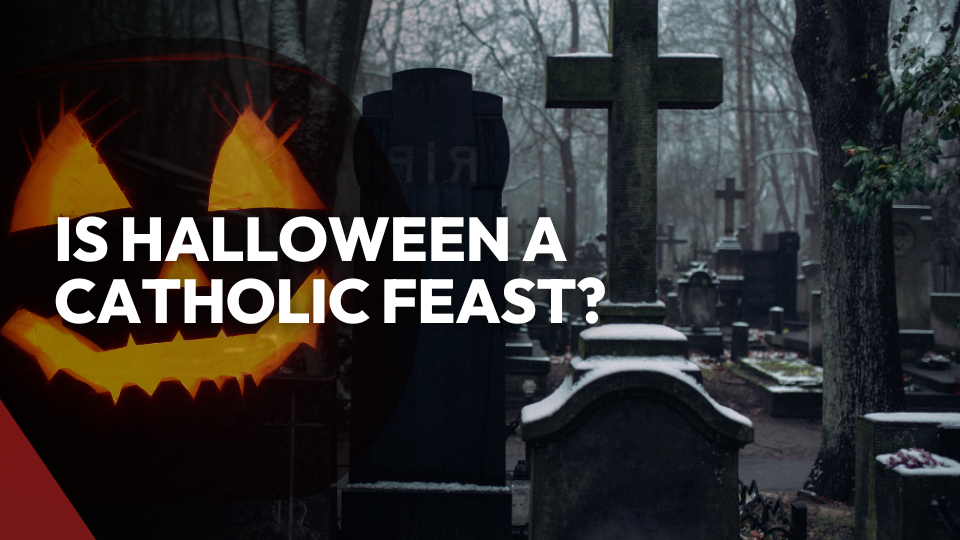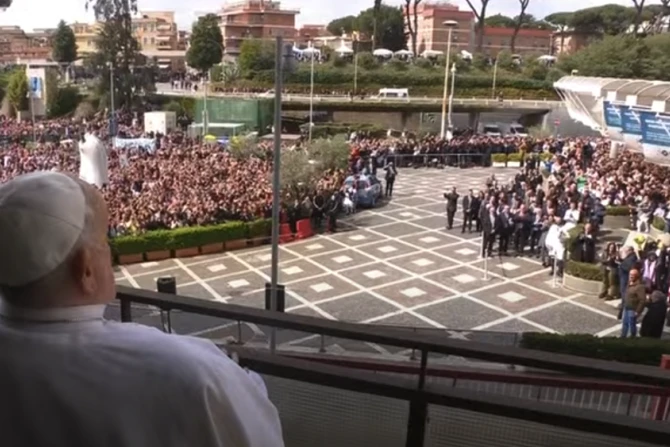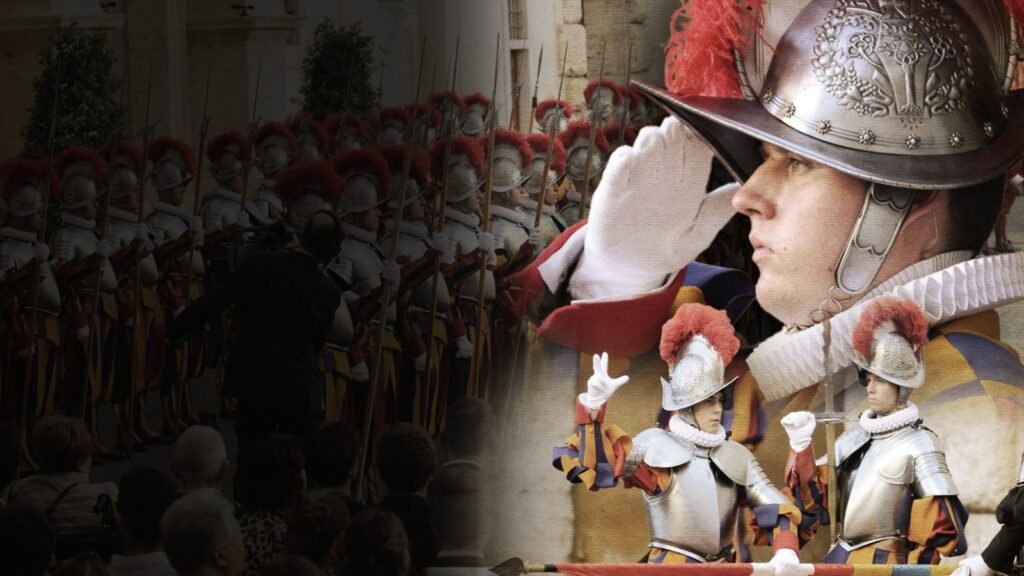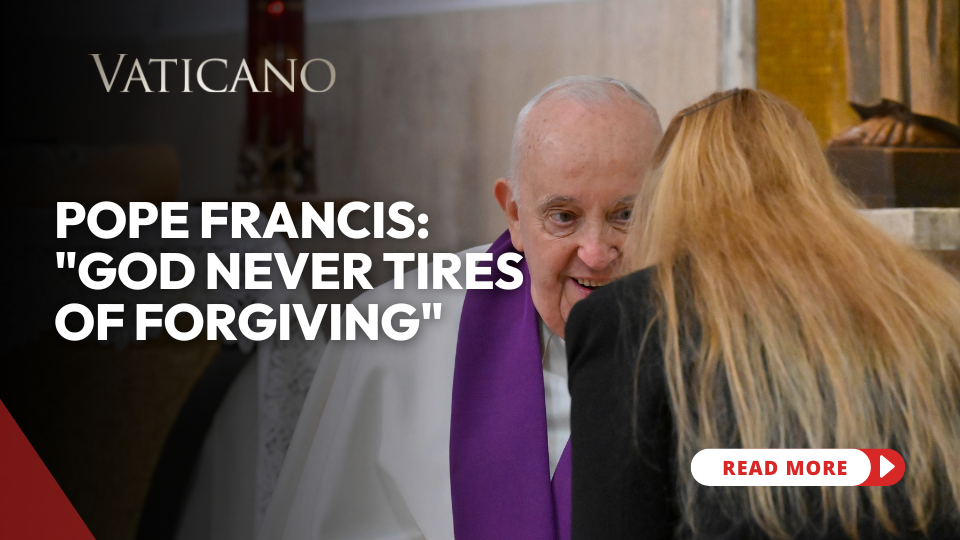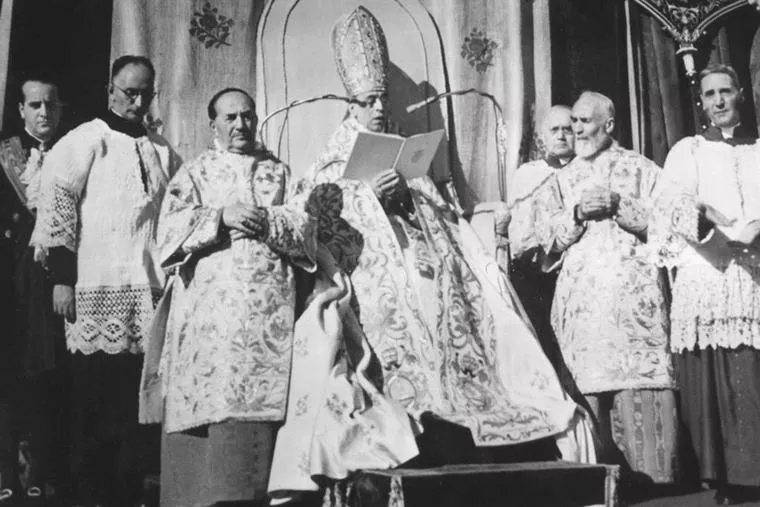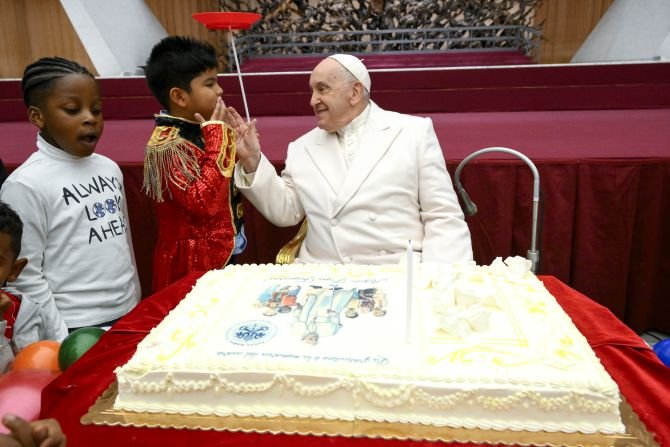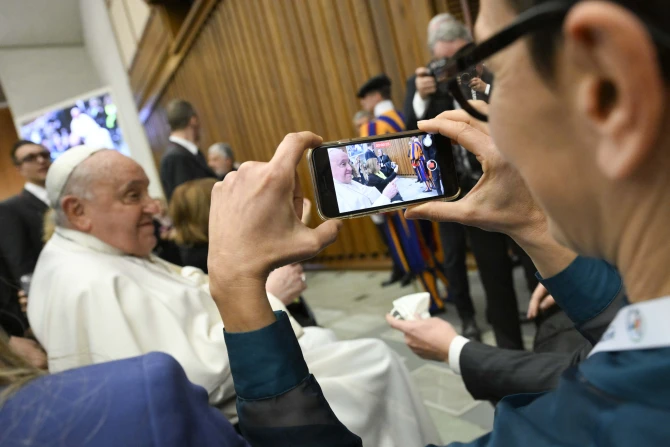As Halloween gains global popularity each October, stores are filled with bats and pumpkins, and children eagerly don costumes of their favorite characters. But for Catholics, questions often arise about whether this festivity aligns with their faith. Are children unintentionally honoring pagan traditions or dabbling in something darker by participating in trick-or-treating or dressing up in Gothic costumes?
To explore these questions, we spoke with Fr. John Wauck, a priest and literature professor at Holy Cross University in Rome, who shared fascinating insights into Halloween’s Catholic roots.
A Holy Day for the Saints
“The holiday of Halloween is actually one of the most Catholic holidays in the entire calendar,” Fr. Wauck explained. “The word ‘Hallow’ means ‘holy’ in archaic English, the same way we use it in the phrase ‘Hallowed be Thy Name’ in the Our Father.” Halloween, he notes, is directly tied to the Catholic celebration of “All Hallows’ Eve” or the evening before All Saints’ Day, when Catholics honor all holy men and women who have gone before them. “Halloween refers to the fact that the day after, November 1st, is the ‘Feast of All Saints,’” he continued, “honoring all of the holy ones.”
The Feast’s Roman Origins
While Halloween’s symbolism may seem secular or even sinister to some, Fr. Wauck assures us of its Catholic heritage. He points out that the roots of the holiday go back to the 8th century, when Pope Gregory III dedicated a chapel in St. Peter’s Basilica to all the saints and moved All Saints’ Day to November 1. “The date of Halloween and the Feast of All Saints are actually connected to Rome,” he explains. “The dedication of this chapel to all the saints on November 1 marked the origin of the holiday.”
From Medieval Costumes to Modern Day Customs
Why, then, do Halloween celebrations seem so entwined with Gothic themes? According to Fr. Wauck, the tradition of dressing up on Halloween can be traced back to medieval practices. “The custom of dressing up for Halloween probably has its root in two different ancient customs,” he shares. “One is ‘guising,’ a medieval practice where children would dress up and go door-to-door asking for sweets. The other involves donning frightening costumes to ward off evil spirits.”
Fr. Wauck highlights that two traditions—Medieval and Celtic—merged over time with the Catholic celebration of All Hallows’ Eve, creating the holiday we recognize today. These traditions likely traveled to America with Anglo-Saxon immigrants, eventually transforming Halloween into a cultural event now celebrated worldwide.
Embracing Halloween with Catholic Intent
Fr. Wauck encourages Catholics to reclaim Halloween as a day connected with their faith. “Halloween ought to be celebrated in all its innocence,” he says. “There’s nothing wrong with dressing up and going trick-or-treating; it’s actually a delightful thing. But we shouldn’t forget its connection to All Saints’ Day. It’s important to remember, especially for children, that Halloween is a vigil of a great feast day.”
As Catholics worldwide prepare for Halloween, Fr. Wauck’s words remind us to approach it with reverence for its origins, teaching children to celebrate not only in fun but also in faith.
This article was updated October 28th, 2024

